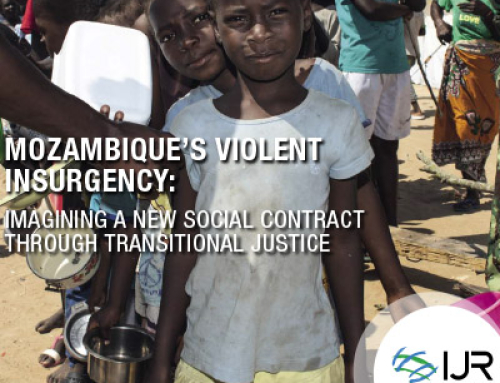
SARB Report 2005 – 4th Round
The South African Reconciliation Barometer (SARB) Survey is an annual survey-based project, which measures responses of the South African public to socio-political and economic change, with particular emphasis of their impact on national reconciliation. First introduced in 2003, the SARB was developed in response to a growing need within the institute to find a quantitative measurement instrument that could guide it in the development of programmes that are relevant and in line with citizen demands at each stage of the country’s socio-political development. Moreover, it was also envisaged that in the future it may assist the institute in the identification of longer-term patterns or trends in the country’s transformation from a divided- to a more inclusive society. In the absence of any annual national survey with these specific objectives, the SARB was crafted in cooperation with a team of leading national and international social scientists and survey experts.
Now in its fourth year of existence, the project has managed to capture a substantive body of social data on public sentiments regarding change and how this impacts on relations between citizens from different social and cultural backgrounds. Over the years the Institute has continued to sharpen the survey’s utility as a measurement instrument, which in turn has enabled it to strengthen its analytical capacity as far as these subject matters are concerned. Its focus, however, remains on the measurement of the key indicators that relate to the SARB’s original six reconciliation hypotheses regarding race relations, human security, historical confrontation, dialogue, political culture, and cross-cutting political partnerships, which were identified in the pilot study for this project. Despite the addition of these new measurements, the longitudinal value of the survey has not been jeopardised in any way. The majority of the original statements and questions of the first and subsequent surveys have been retained in order to establish benchmarks against which future research could benefit.
The pages below contain some of the principal findings of the sixth round of SARB Survey. As the years pass, we gain new understanding of the different variables and the complexity of their different permutations that impact on how South Africans make sense of change and how they respond to it. Although our primary mode of reporting in this document will be to convey findings in terms of responses by the various racial groups, this should by no means be regarded as our primary means of analysis. We recognise the impact that other important variables such as socio-economic status, age, and gender might have on each of the responses to the survey measurements and will in some cases report these. Unfortunately, the need for brevity precludes us from providing an in-depth analysis of each. Readers of this report are, nevertheless, invited to contact the Institute, should any further questions regarding its content arise.
By: Hofmeyr, J.H.
Pages: 53
Dimensions: A4
Date of publication: 2005




